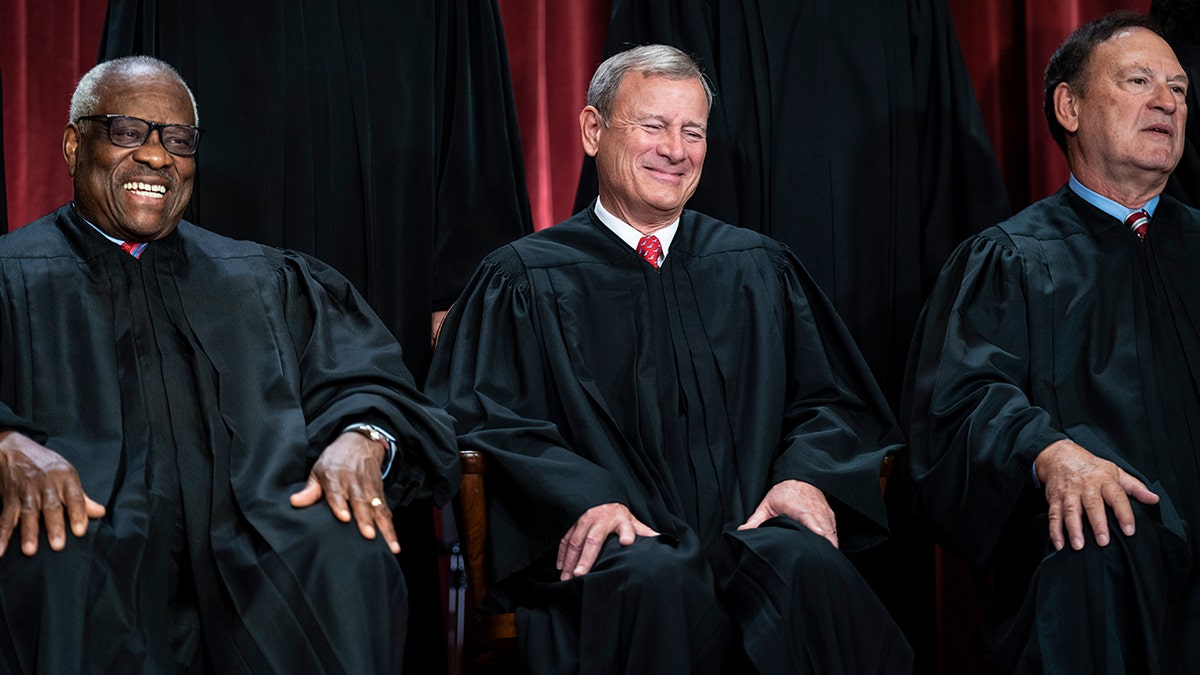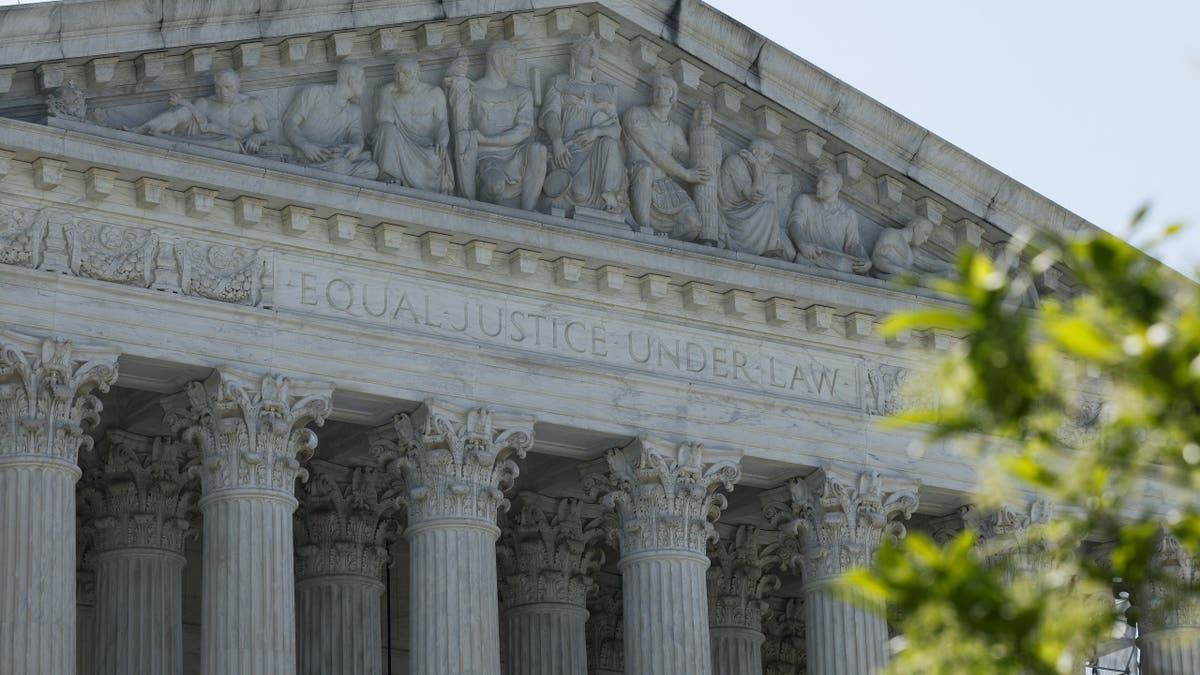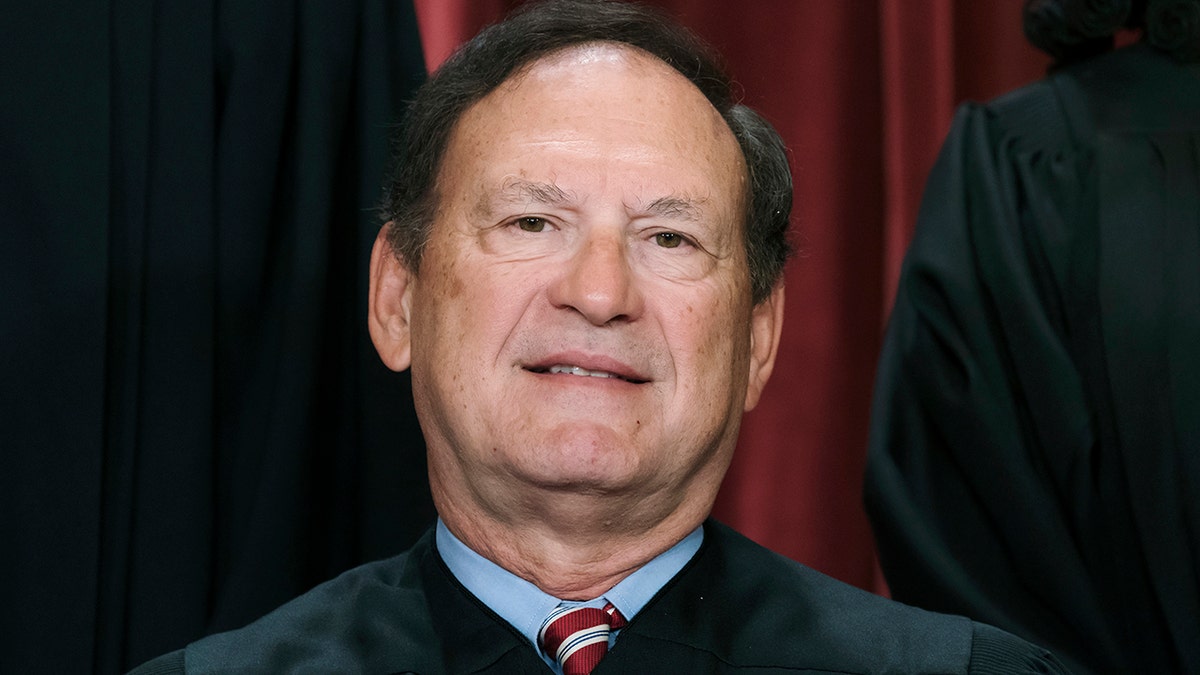The Supreme Court ruled on Thursday that the funding mechanism that feeds the Obama-era agency Consumer Financial Protection Bureau (CFPB) is constitutional.
In a 7-2 decision, authored by Justice Clarence Thomas, the court held that Congress uniquely authorized the bureau to draw its funding directly from the Federal Reserve System, therefore allowing it to bypass the usual funding mechanisms laid out in the Appropriations Clause of the Constitution.
“For most federal agencies, Congress provides funding on an annual basis. This annual process forces them to regularly implore Congress to fund their operations for the next year. The Consumer Financial Protection Bureau is different. The Bureau does not have to petition for funds each year. Instead, Congress authorized the Bureau to draw from the Federal Reserve System the amount its Director deems ‘reasonably necessary to carry out’ the Bureau’s duties, subject only to an inflation-adjusted cap,” Thomas wrote.
“In this case, we must decide the narrow question whether this funding mechanism complies with the Appropriations Clause. We hold that it does,” the opinion states.
SUPREME COURT TO HEAR ARGUMENTS ON CONSTITUTIONALITY OF ‘ELIZABETH WARREN’S BABY’ – THE CFPB

Justice Clarence Thomas, left, wrote the 7-2 majority opinion in favor of the CFPB, with Justices Samuel Alito, right, and Neil Gorsuch dissenting. (Jabin Botsford/The Washington Post via Getty Images)
The CFPB, launched in 2008 with the help of Democrat Senator Elizabeth Warren, D-Mass., in the aftermath of the market crash, with authority to regulate banking and lending agencies via federal rules.
A group of banking associations, represented by former solicitor general Noel Francisco, sued the CFPB, arguing that because the agency, not Congress, decides the amount of annual funding and draws it from the Federal Reserve, it violates the Appropriations Clause.
The Supreme Court’s majority disagreed, saying, “Although there may be other constitutional checks on Congress’ authority to create and fund an administrative agency, specifying the source and purpose is all the control the Appropriations Clause requires.
“The statute that authorizes the Bureau to draw money from the combined earnings of the Federal Reserve System to carry out its duties satisfies the Appropriations Clause,” the opinion states.
CLARENCE THOMAS SAYS HE RECEIVES ‘NASTINESS’ FROM CRITICS, DESCRIBES D.C. AS A ‘HIDEOUS PLACE’

The U.S. Supreme Court Building is seen on April 23, 2024 in Washington, D.C. (Photo by Anna Moneymaker/Getty Images)
Justice Samuel Alito dissented from the decision, joined by Justice Neil Gorsuch, saying “The Court upholds a novel statutory scheme under which the powerful [CFPB] may bankroll its own agenda without any congressional control or oversight.”
“According to the Court, all that the Appropriations Clause demands is that Congress ‘identify a source of public funds and authorize the expenditure of those funds for designated purposes,’” Alito wrote.
“Under this interpretation, the Clause imposes no temporal limit that would prevent Congress from authorizing the Executive to spend public funds in perpetuity,” he stated.
“In short, there is apparently nothing wrong with a law that empowers the Executive to draw as much money as it wants from any identified source for any permissible purpose until the end of time,” Alito said.

Associate Justice Samuel Alito. (AP Photo/J. Scott Applewhite, File)
“That is not what the Appropriations Clause was understood to mean when it was adopted. In England, Parliament had won the power over the purse only after centuries of struggle with the Crown. Steeped in English constitutional history, the Framers placed the Appropriations Clause in the Constitution to protect this hard-won legislative power,” he said.
Alito continued, “There are times when it is our duty to say simply that a law that blatantly attempts to circumvent the Constitution goes too far. This is such a case.”
CLICK HERE TO GET THE FOX NEWS APP
“Today’s decision is not faithful to the original understanding of the Appropriations Clause and the centuries of history that gave birth to the appropriations requirement, and I therefore respectfully dissent,” he concluded.
Source link





